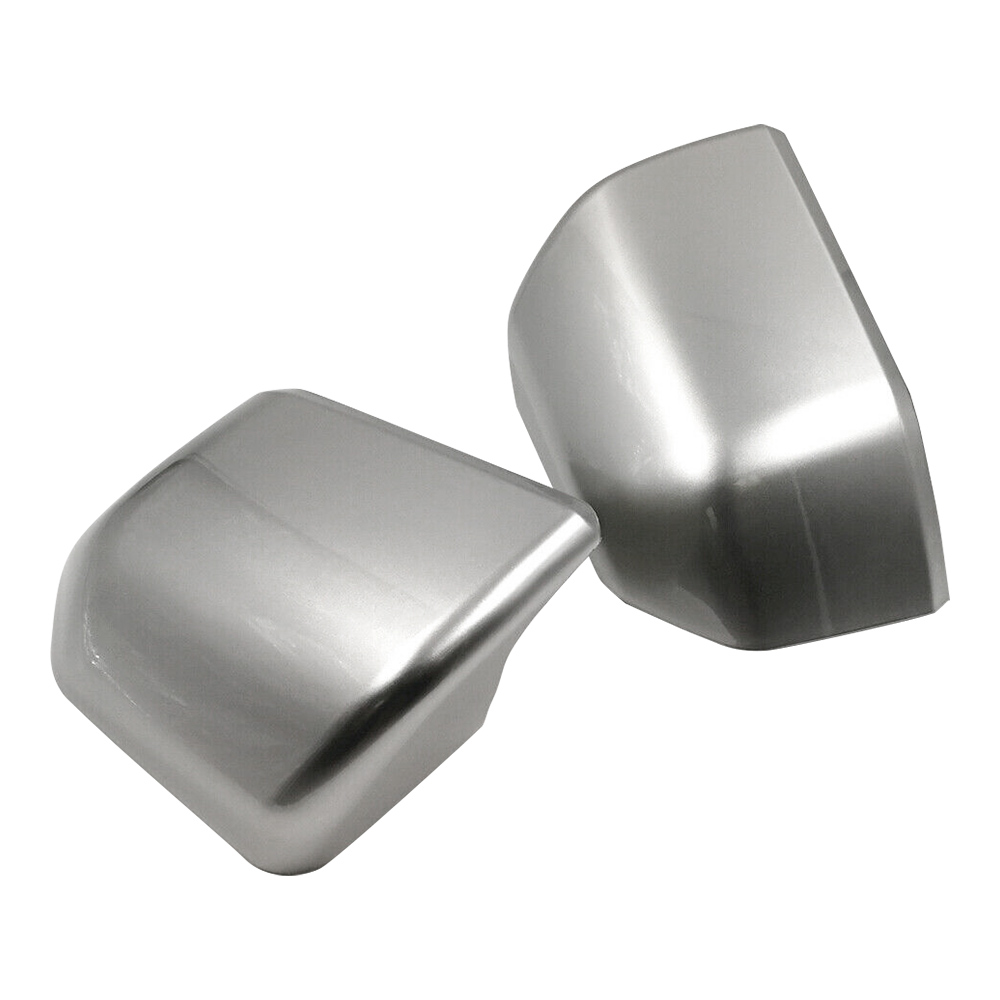
Car mirror cover factories play a significant role in the automotive aftermarket industry, providing essential components that contribute to vehicle maintenance and customization. These factories specialize in producing replacement covers that protect side mirrors from damage, enhance the vehicle's appearance, and sometimes add functional features. Their contributions are critical to supporting repair shops, distributors, and consumers who seek alternatives to original equipment manufacturer (OEM) parts.
One of the main functions of car mirror cover factories is to offer a wide variety of replacement options that cater to different vehicle makes and models. Given the vast diversity of vehicles on the road, factories must maintain the capability to produce covers that fit precisely, ensuring ease of installation and proper function. This variety enables the aftermarket industry to meet the needs of a broad customer base, including those seeking affordable yet reliable replacements for damaged or worn-out mirror covers.
Car mirror cover factories often employ various materials and production techniques to balance cost, durability, and aesthetics. Common materials include ABS plastic, polypropylene, and occasionally metal or carbon fiber composites for specialized applications. The manufacturing processes range from injection molding to painting and finishing, allowing factories to deliver products that align with market demands. This adaptability helps the aftermarket industry respond to changes in consumer preferences and technological advances.
Another important aspect is customization services offered by many car mirror cover factories. Customized mirror covers allow automotive businesses and retailers to provide unique designs, colors, or branding options. These services contribute to the aftermarket industry's growth by catering to consumers interested in personalization. Customization can also extend to functional modifications, such as adding indicators or heating elements, further expanding the utility of replacement covers.
The relationship between car mirror cover factories and distributors is vital to the smooth operation of the aftermarket supply chain. Factories must coordinate with distributors to ensure timely delivery and inventory availability. Efficient logistics and communication help maintain a steady flow of products to retailers and repair shops. This coordination is particularly important during peak seasons or when new vehicle models enter the market, requiring updated cover designs.
Quality control is a key responsibility for car mirror cover factories to maintain industry standards. Consistent quality ensures that replacement parts perform well in terms of fit, finish, and durability. Factories often implement testing procedures to check for impact resistance, color matching, and material integrity. By adhering to quality guidelines, factories support the aftermarket industry's reputation and reduce the rate of product returns or complaints.
Environmental considerations have become increasingly relevant for car mirror cover factories as the automotive industry focuses more on sustainability. Some factories are adopting eco-friendly materials and production methods to reduce waste and energy consumption. This shift not only addresses regulatory requirements but also aligns with consumer expectations for environmentally responsible products. Factories that incorporate such practices contribute positively to the overall image of the aftermarket industry.
Innovation in manufacturing technology also influences the role of car mirror cover factories. Advances such as 3D printing and automated assembly lines enable factories to produce parts more efficiently and with greater precision. These technologies can shorten times and allow for quicker adaptation to design changes. As a result, factories can better serve the dynamic demands of the automotive aftermarket.
Car mirror cover factories are integral to the automotive aftermarket industry by providing a diverse range of replacement parts, supporting customization, ensuring quality, and embracing sustainability. Their ability to produce reliable and well-fitted covers supports repair and retail businesses, meeting the needs of vehicle owners worldwide. As the industry evolves, these factories will continue to play a crucial role in delivering solutions that maintain and enhance vehicle functionality and appearance.

 English
English 日本語
日本語 Français
Français Deutsch
Deutsch Español
Español 简体中文
简体中文(canaddletterfordraptor).jpg)
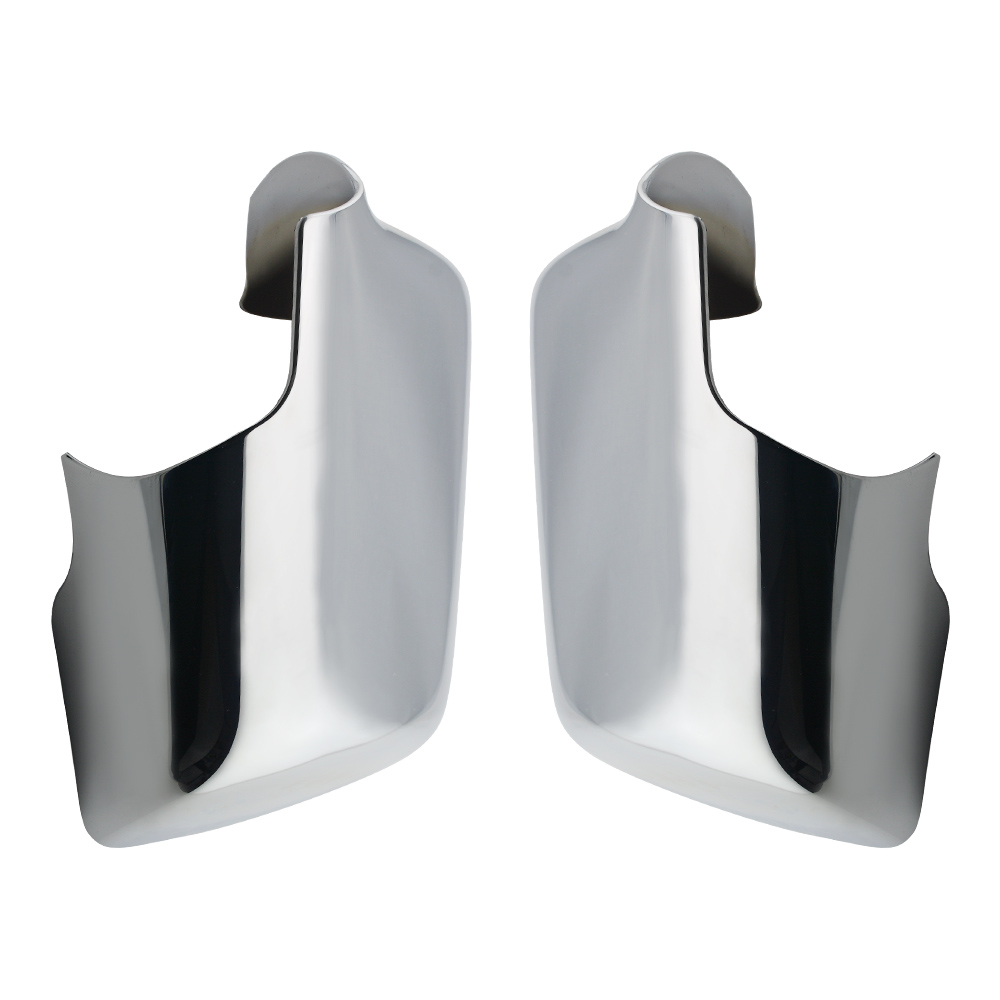
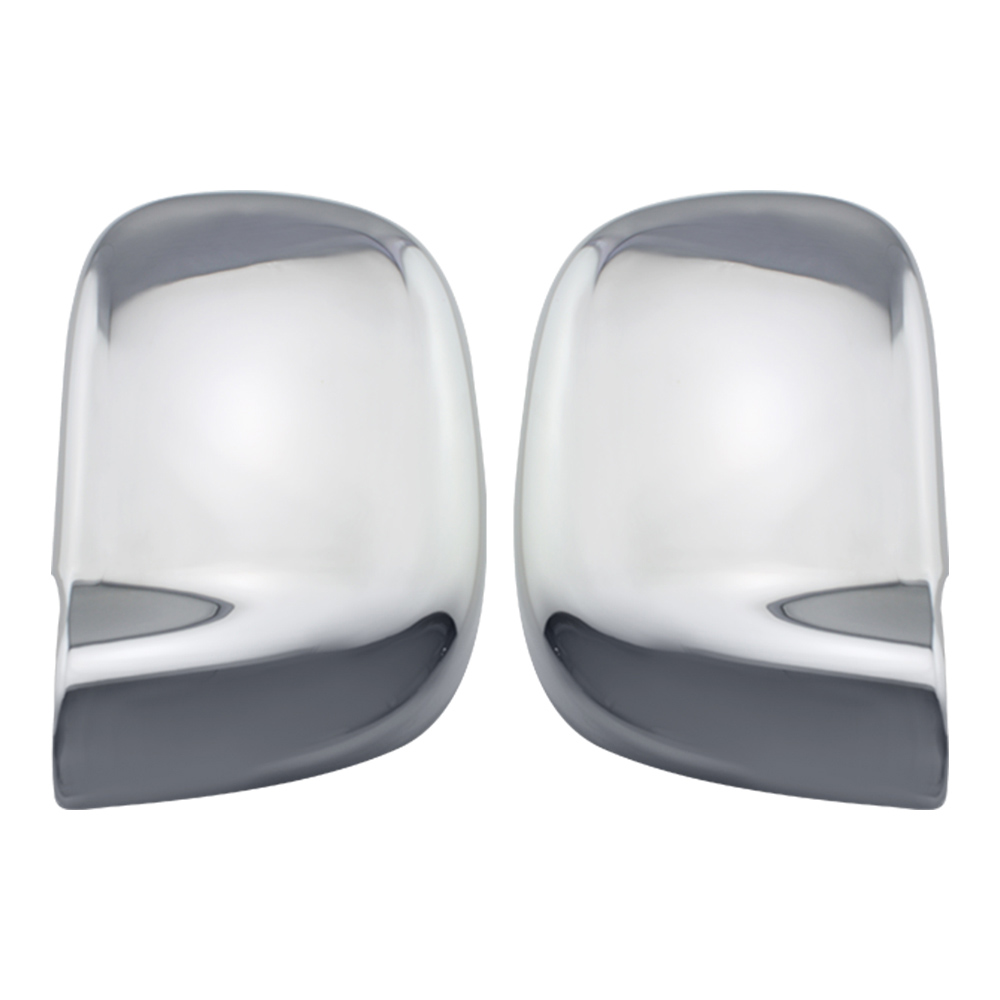 View More >>
View More >>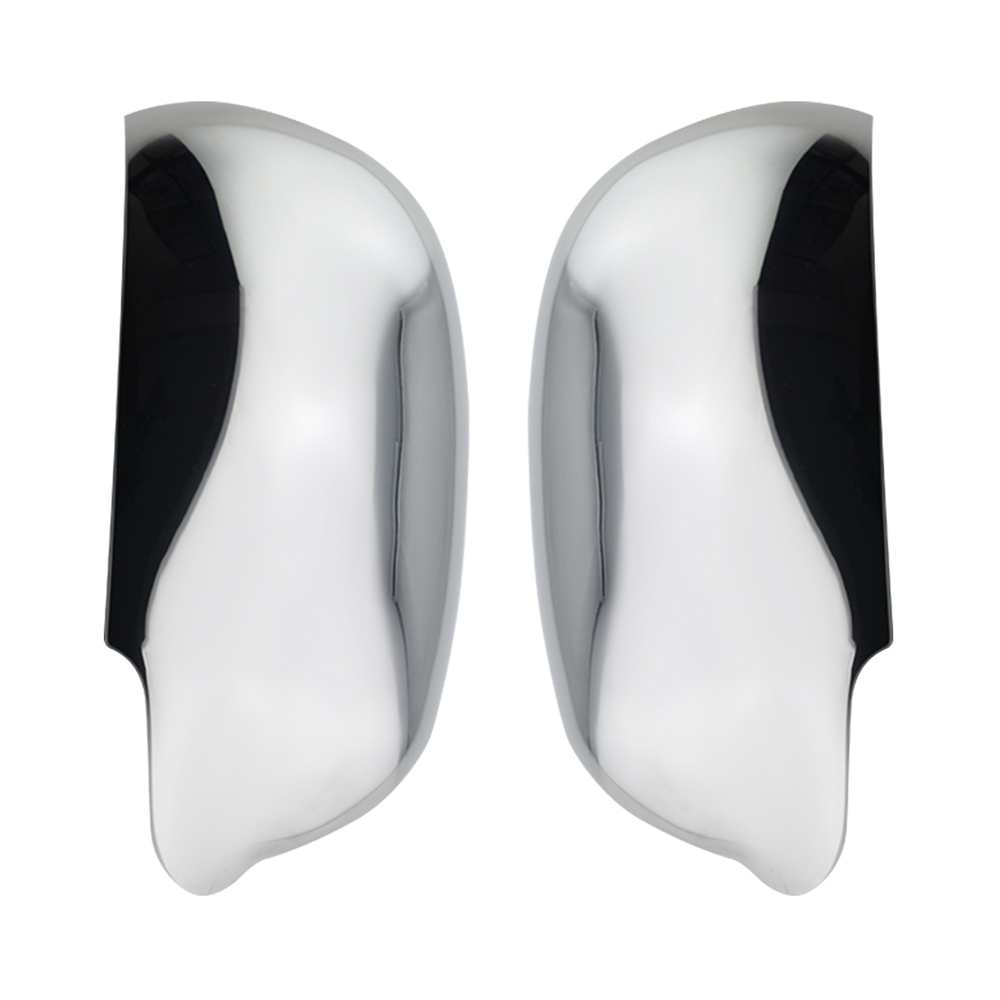 View More >>
View More >>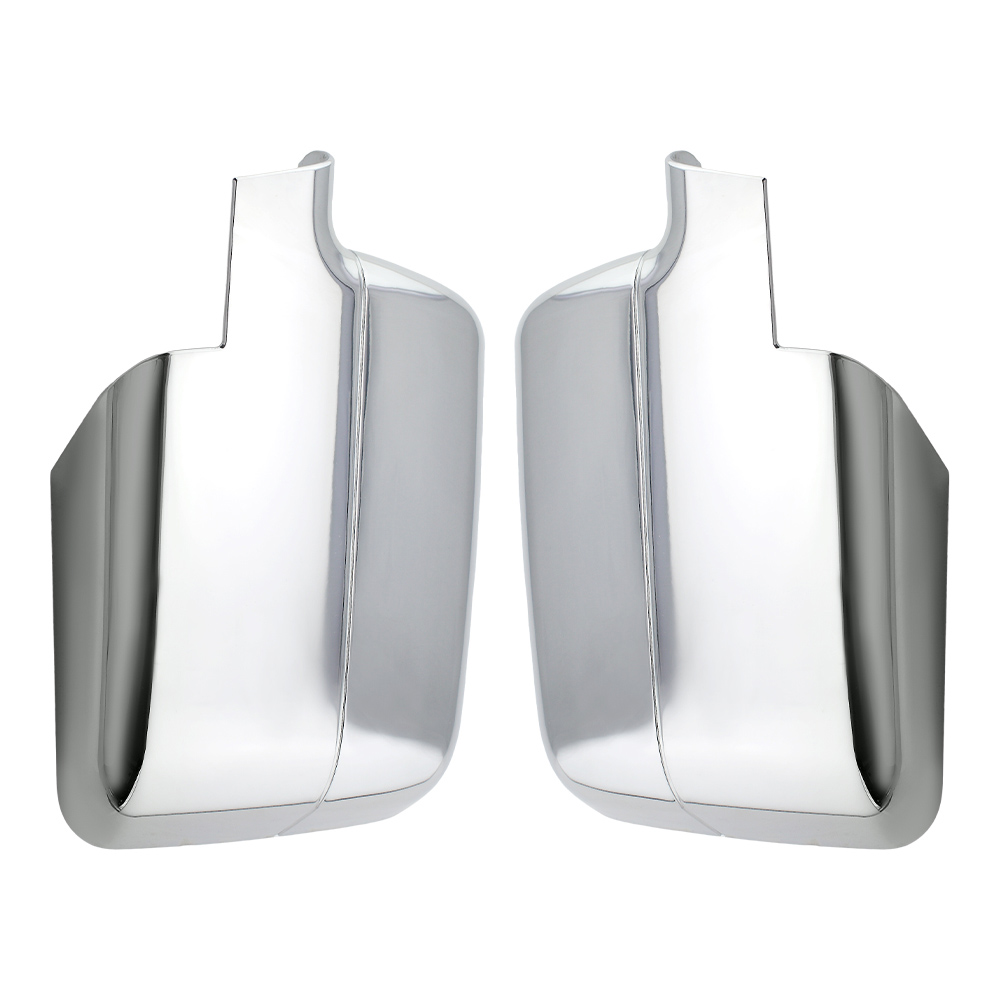 View More >>
View More >>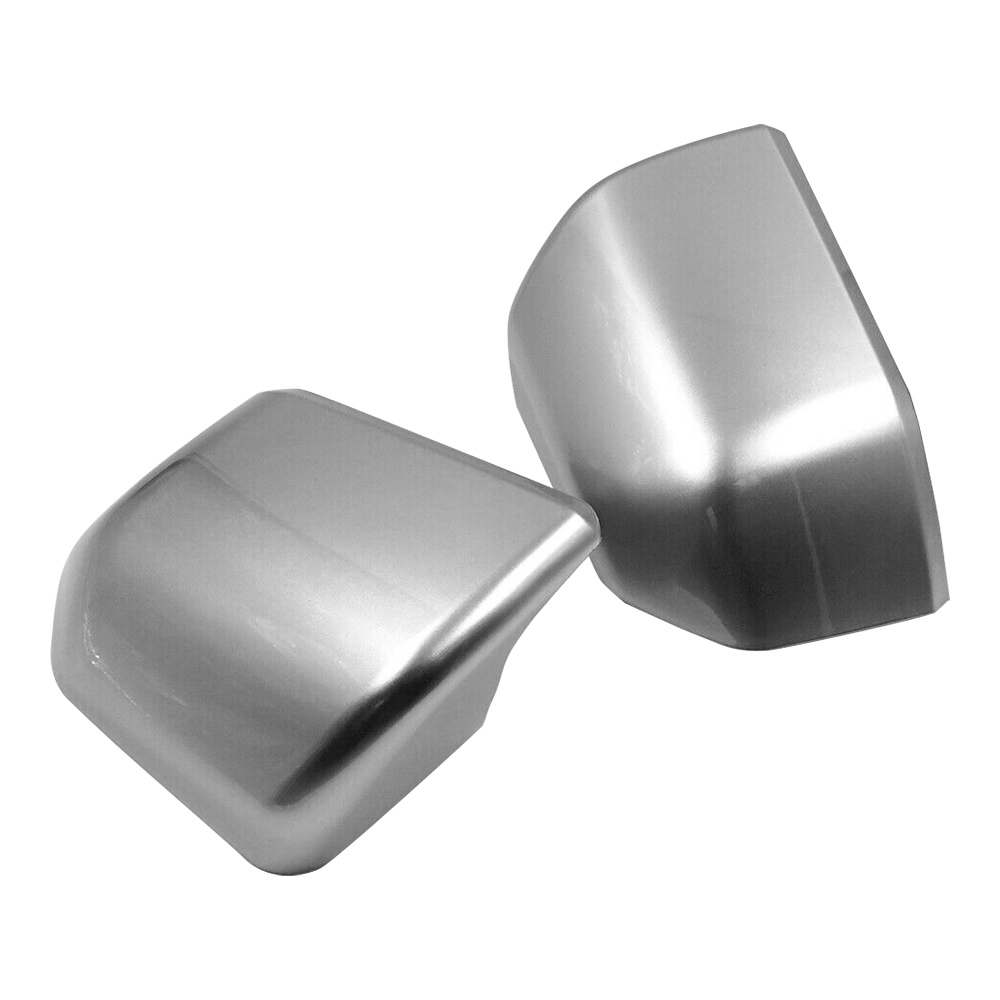 View More >>
View More >>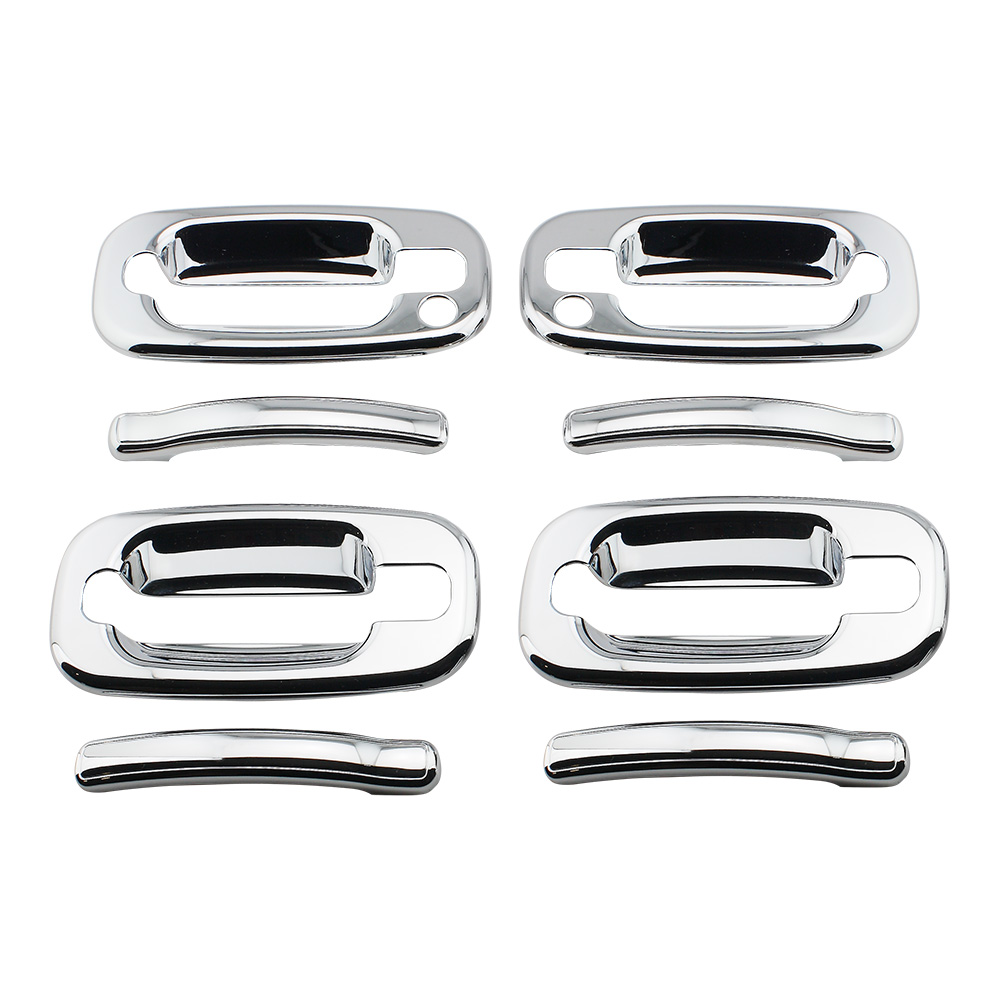 View More >>
View More >>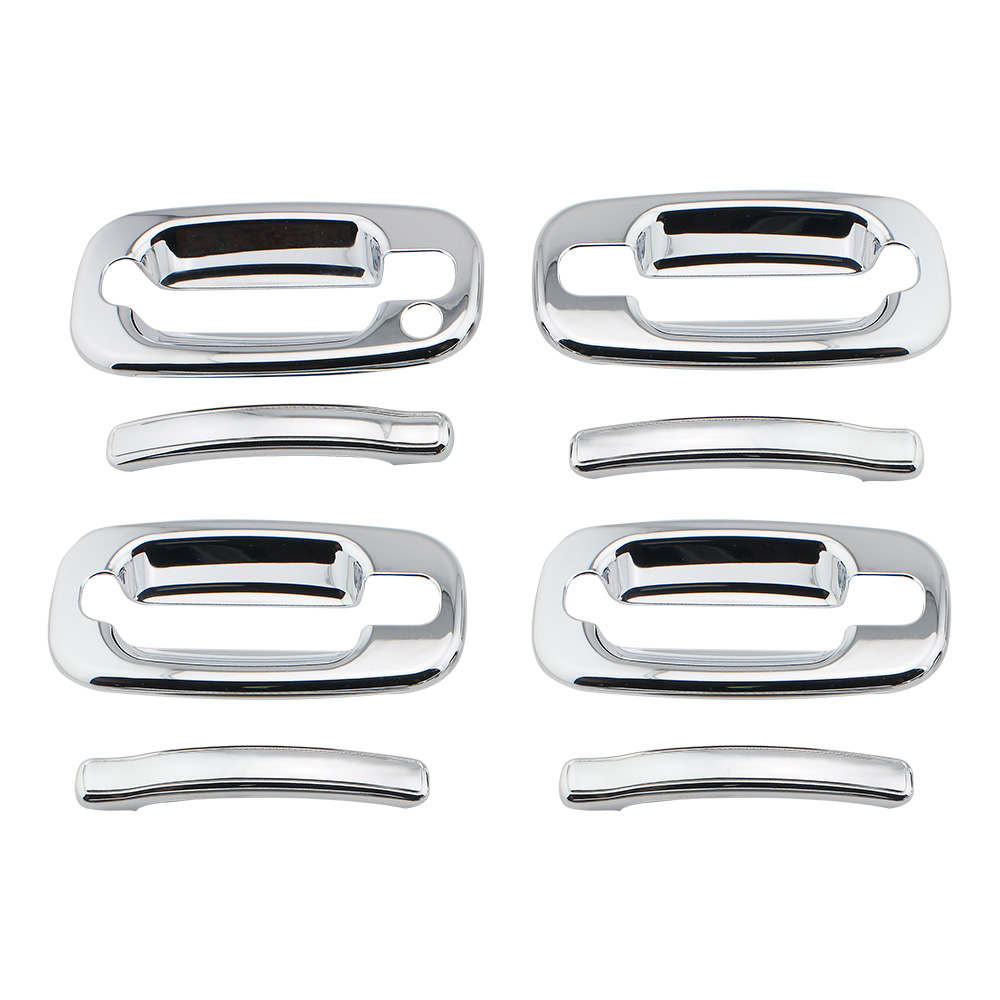 View More >>
View More >>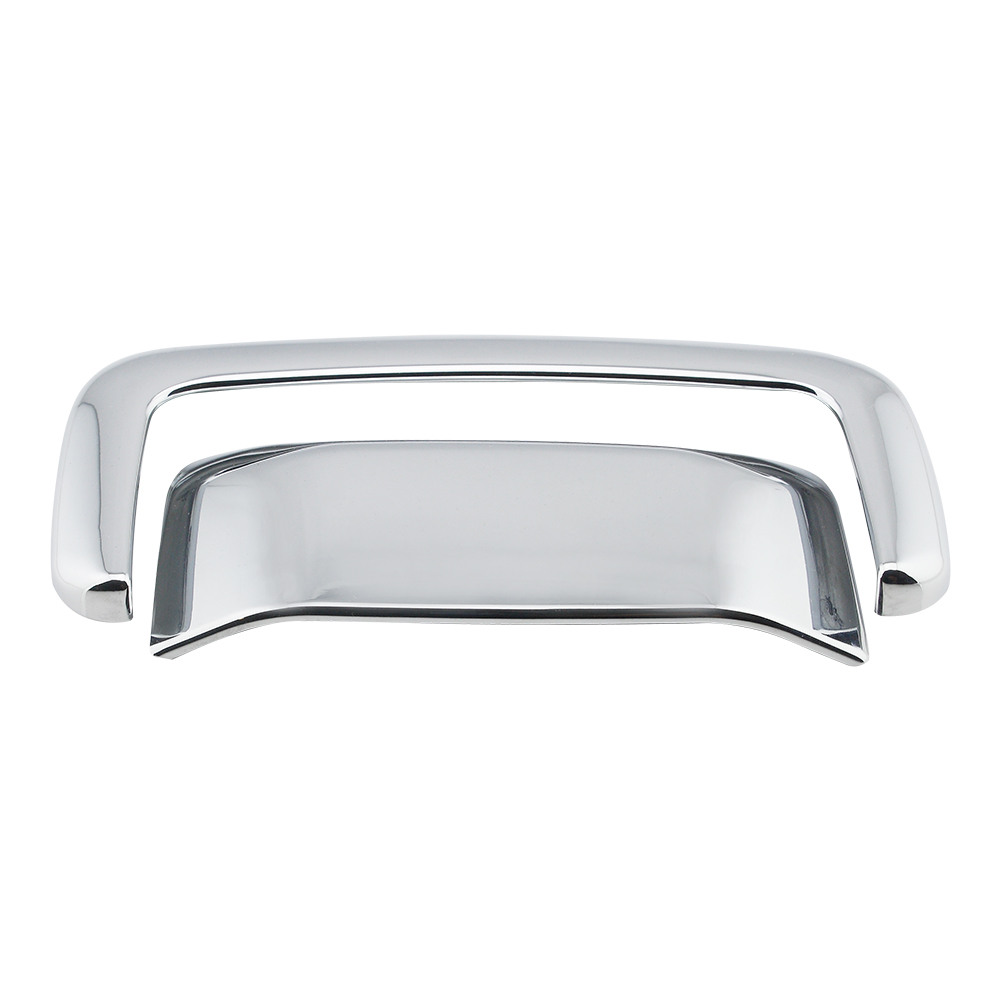 View More >>
View More >>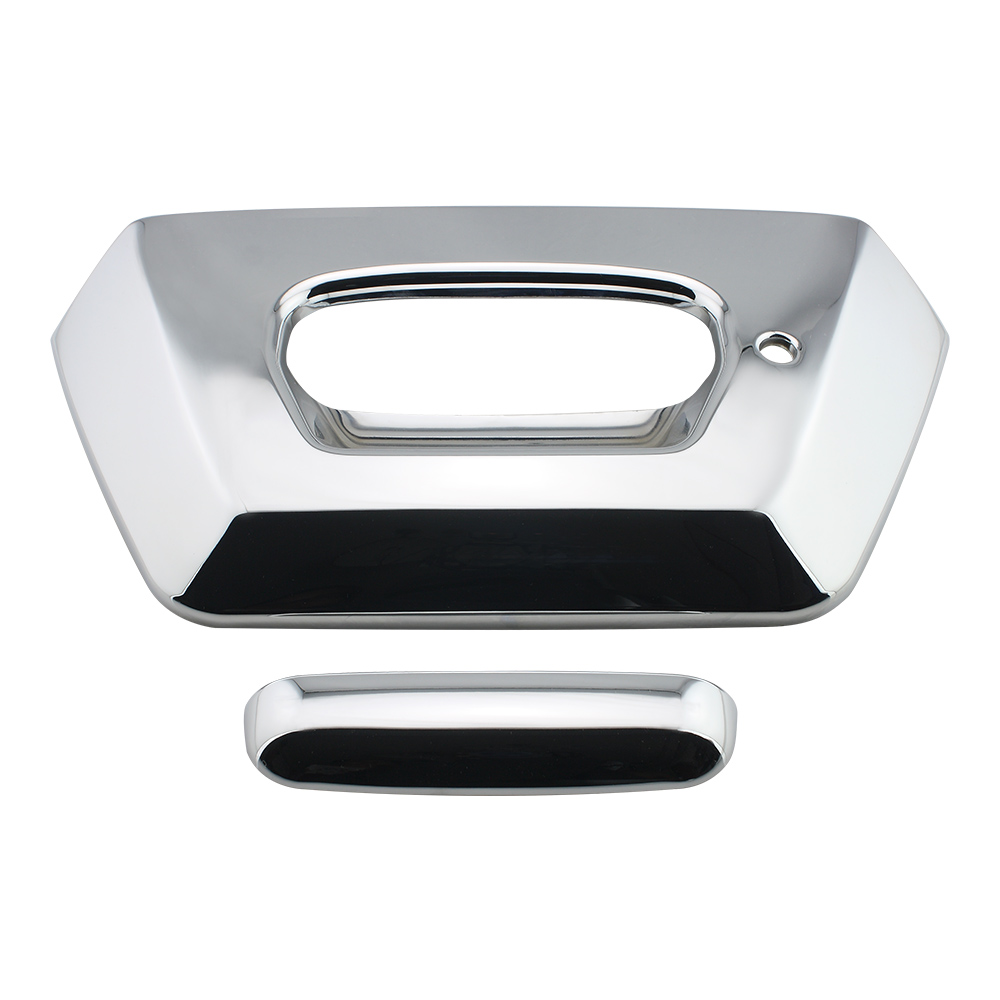 View More >>
View More >>(canaddletterfordraptor)-1.jpg) View More >>
View More >>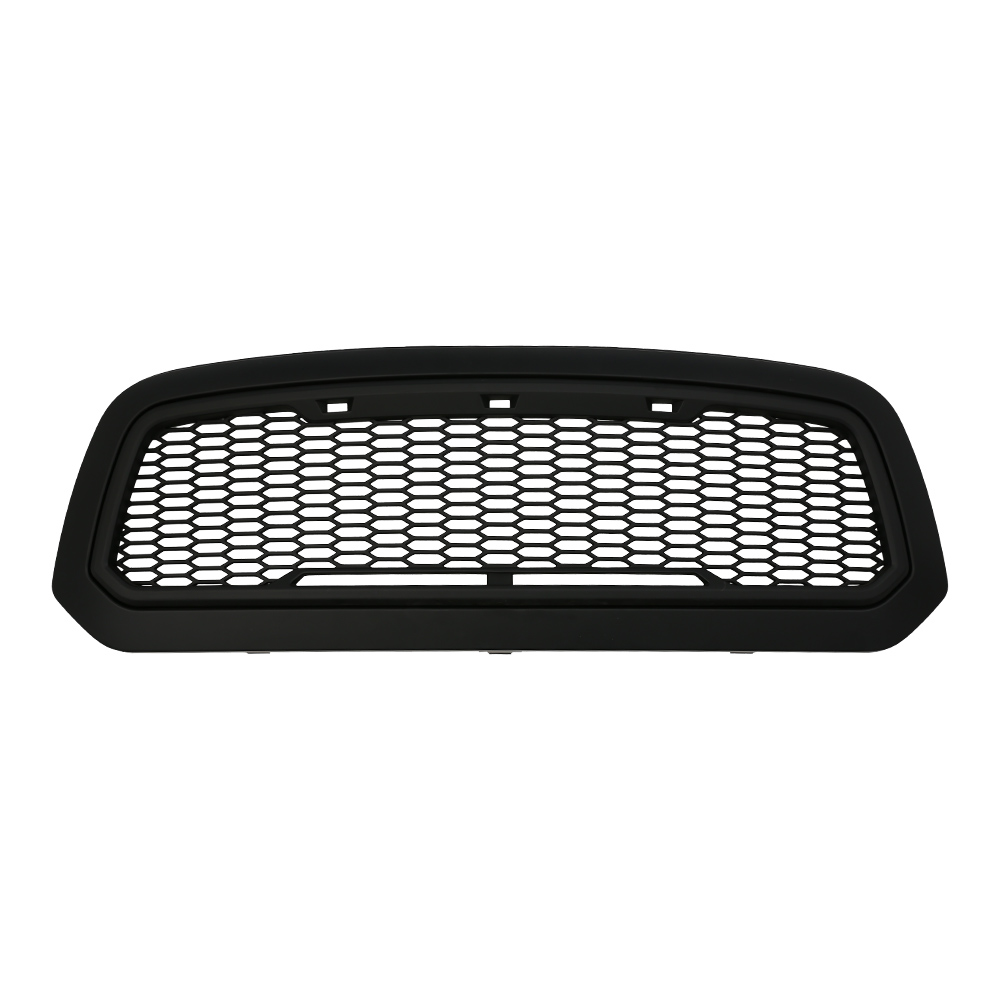 View More >>
View More >>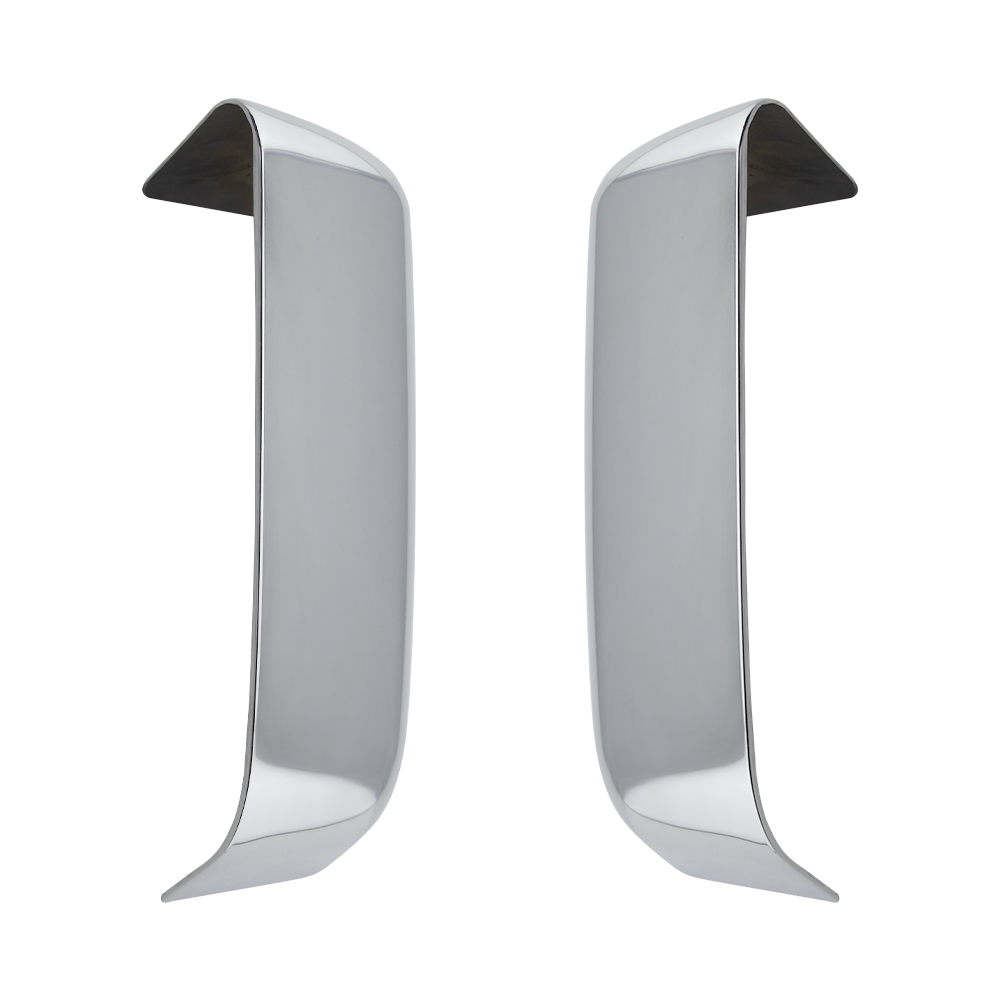 View More >>
View More >>
